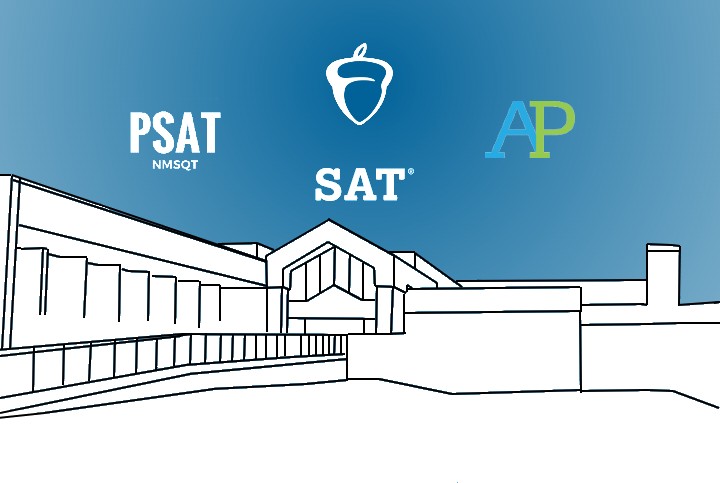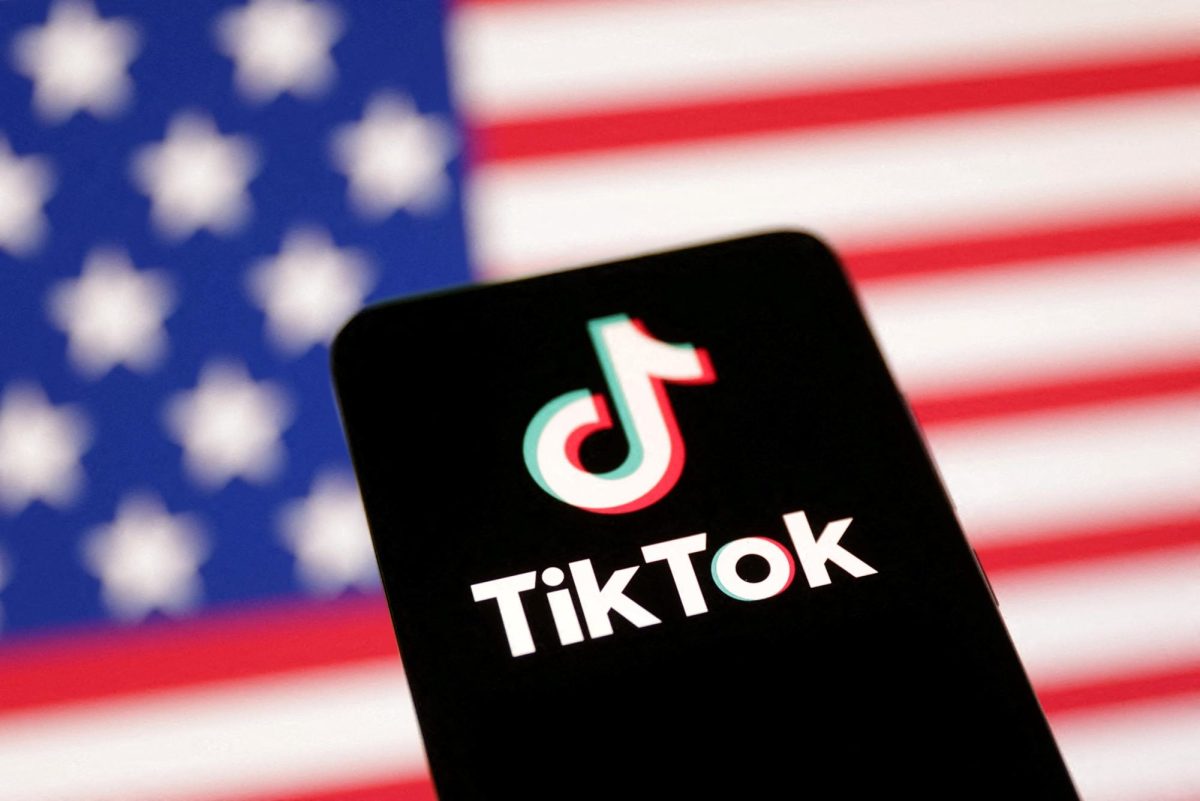The College Board is a well-known non-profit organization responsible for creating and administering standardized tests such as the SAT and AP exams. It is responsible for a membership association of over 6,000 educational institutions and each year prepares over seven million students for transition to college through its programs. Due to this, the College Board plays a pivotal role in higher education. It is a dominant force in the American education system and holds immense influence. While its mission to promote and expand access to higher education is noble, the organization can be far from it.
First and foremost, the College Board is an extremely profitable non-profit and often resembles more of a business. Many College Board services require significant fees, including the PSAT/NMSQT, SAT, AP, SAS, and more. From this, the College Board made nearly $1 billion in revenue in 2022 while holding $2 billion in assets, profiting off of students. Since 1998, the College Board has put nearly $5 million into lobbying Congress, and its CEO, David Coleman, made over $1.6 million in 2019. Worse still, the College Board makes $100 million a year selling student data for 47 cents per student.
Another issue is the College Board’s near monopoly on standardized testing. The College Board doesn’t just administer standardized tests but wholly owns them, including the SAT and AP exams, which are widely used and required by many states and districts. By holding this monopoly on college admissions tests, the organization wields an enormous amount of power over the lives of students. With the College Board having few competitors, there are no broadly accepted alternatives to College Board services. This lack of competition leaves students with no choice but to accept the College Board’s rules.
The College Board’s influence extends beyond testing as well. It has a hand in shaping curriculum and classroom materials. AP classes are important in the college admission process, and the College Board can essentially control every aspect of these AP classes. College Board has often been involved in controversies surrounding their AP programs. In 2018, it faced backlash after planning to cut nearly 9,000 years of history in its AP World History curriculum. This year, they faced another scandal after cutting parts of its programs after pressure from Florida Gov. Ron DeSantis.
It is clear the College Board is an institution that is in need of reform. Its profiteering off of students, excessive profits for a non-profit organization, the monopolization of standardized testing, and influence in classrooms through controversial AP classes all warrant reevaluation. To serve the best interests of students and the education system, the College Board must be more affordable, transparent and accountable. Alternatives to the testing monopoly should be explored, and its influence on educational policy should be scrutinized.








